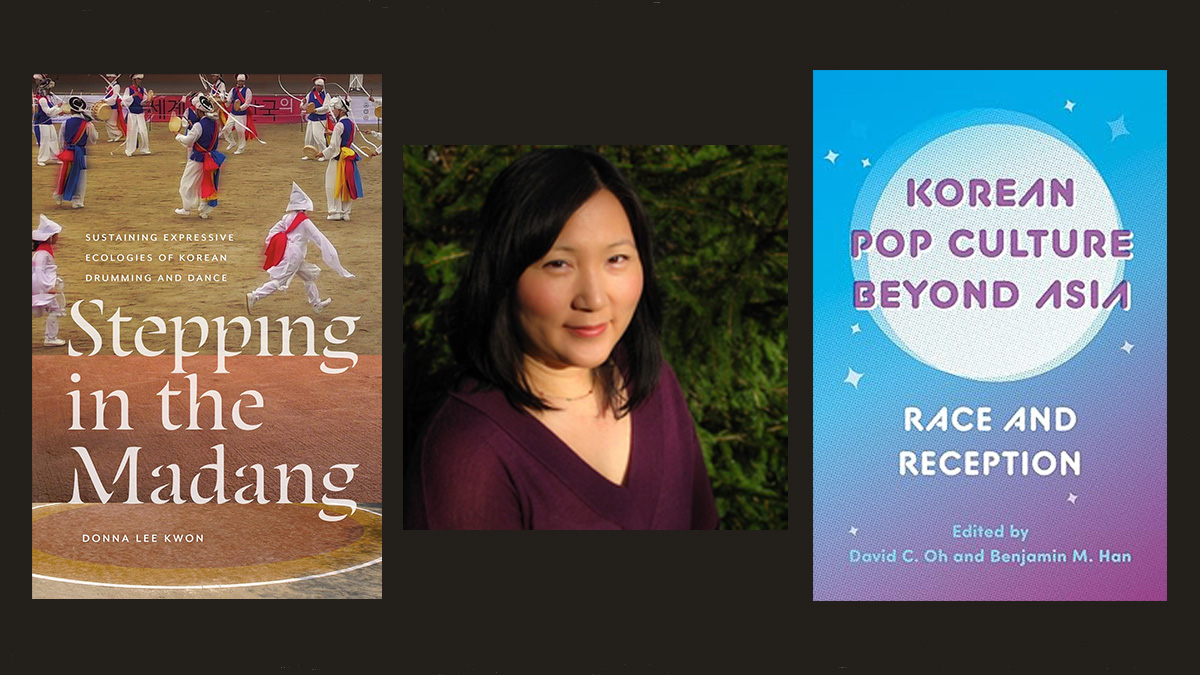
Korean media has exploded in popularity across the globe in the past decade: BTS and other K-pop groups have packed stadiums, Parasite garnered record-breaking critical success, The Masked Singer and Single's Inferno became viral TV hits, and multiday KCON fan events have highlighted not only media but Korean food, cosmetics, and fashion. Exploring how fans from different cultural and racial backgrounds engage with Korean media in local and individual contexts, this edited collection reveals complex transcultural affinities, conflicts, and negotiations. The essays delve into the ways people create meaning from, and shape affinity to, Korean television and music. The book also explores Korean popular culture's influence on audiences' imaginative play, desires, and fantasies, critically examining topics such as TikTok as a space of Asian fetishization, Black YouTubers' K-pop reaction videos, the perception of Korean men in opposition to European hegemonic masculinity, and Middle Eastern fans' responses to appropriation in K-pop. Throughout, the contributors provide perceptive analyses that reveal what the interplay of race and Korean entertainment tells us about the complex nature of transnational fandom.
Kwon also recently published the book "Stepping in the Madang: Sustaining Expressive Ecologies of Korean Drumming and Dance," Wesleyan University Press.
The madang is a key space and concept for Korean drummers and dancers. Literally a village circle, the madang is also a metaphor for an expressive occasion or cultural space of embodied participation. Korean performers step in the madang as a means of bringing their bodies into purposeful contact with the particular time and place of performance. Kwon contends that the participatory way of being that is cultivated in the madang counteracts the fossilization of tradition by bringing folk practices more fully into the embodied present, even if in an idealized fashion. The madang draws attention to the body; it increases one's awareness of space and place; and it creates open-ended performances that are conducive to a more dynamic range of social interactions. The book starts with a study of a Korean p'ungmul group that maintains a vibrant, expressive ecology in rapidly globalizing Korea. Kwon documents how historical trends, transmission practices, communal labor, and performative ritual all support this expressive ecology. The book then examines how these practices inspire meaningful, site-focused expressions of folk culture in regional, national, and transnational spaces.
Kwon is a US - Korea NextGen Scholar Award through the Center for Strategic and International Studies. This award involves full support to travel to Washington D.C., Los Angeles, and Seoul Korea to attend mentorship, public scholar training, and networking events.
